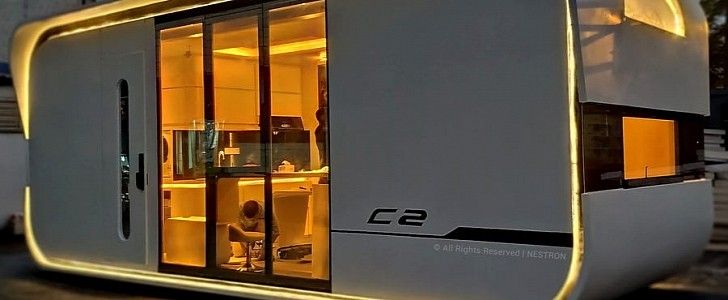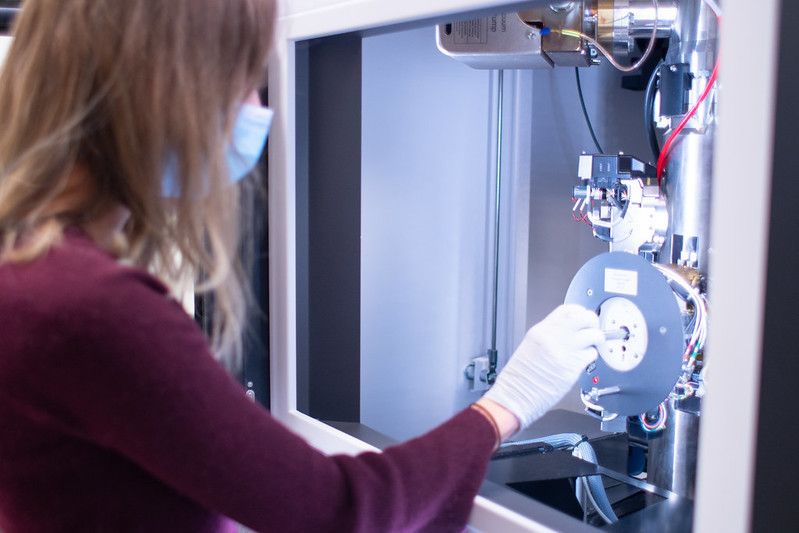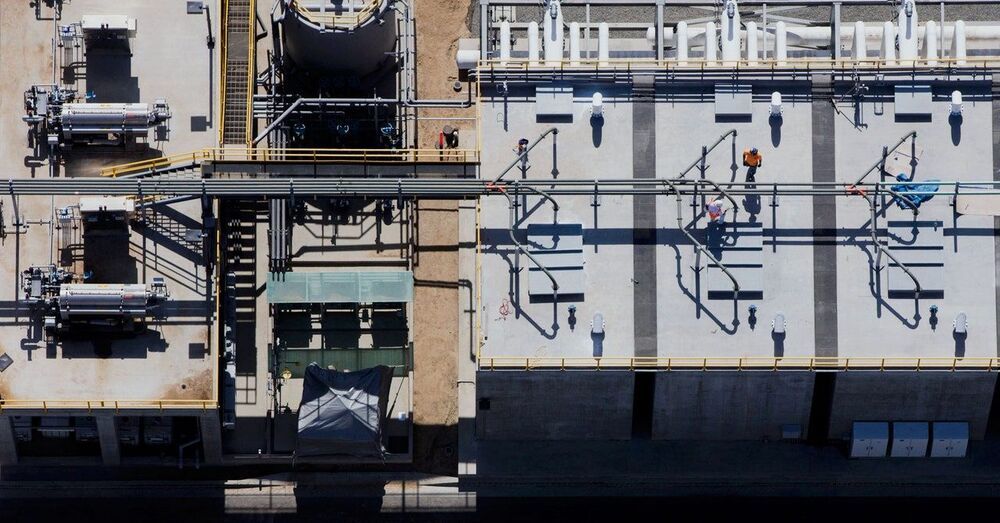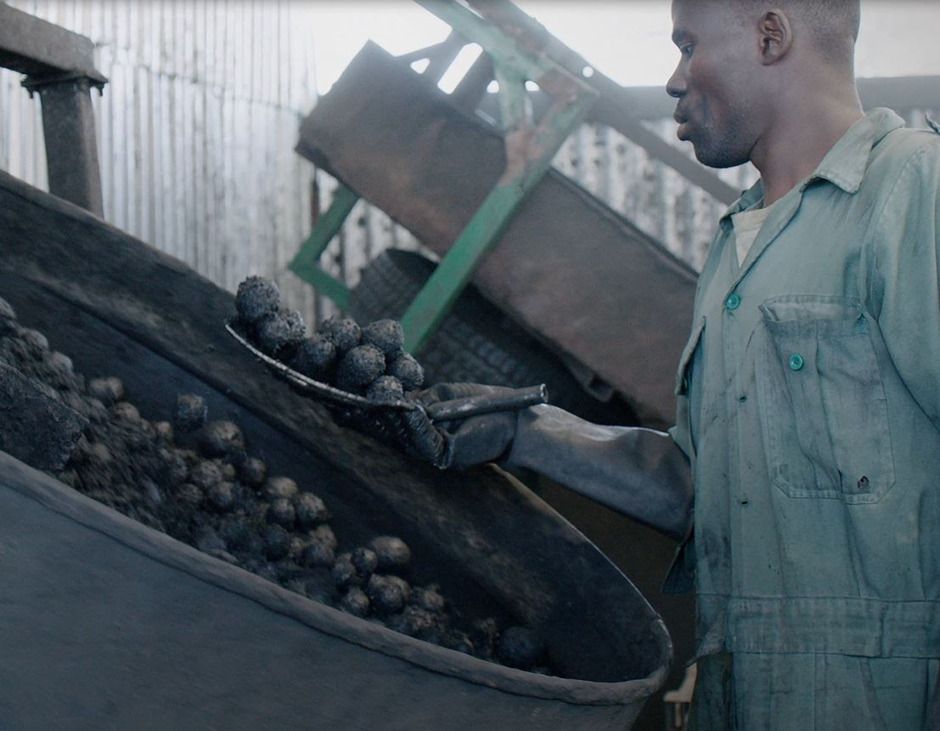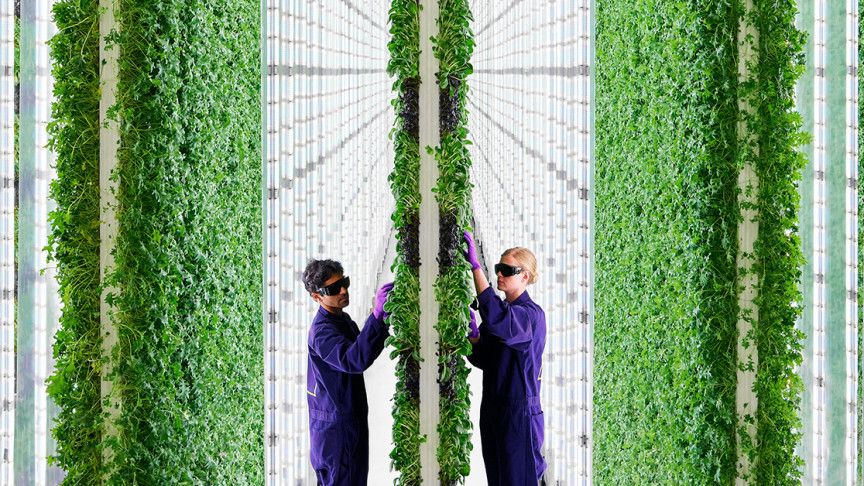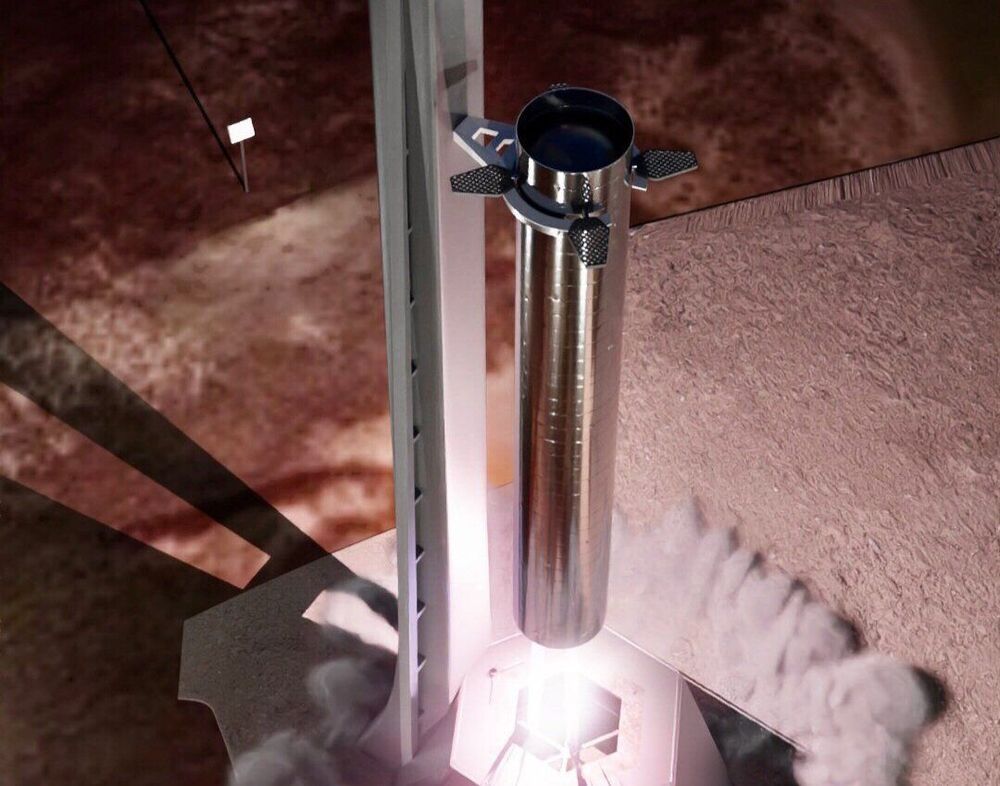The tiny house we’re going to discuss today won’t buy you freedom like trailer-based models, but it compensates for that with its own AI assistant. It’s smart, it’s tiny, it can be solar powered if you want, and it’s still very chic. It’s dubbed the next-generation tiny house: the Cube Two from Nestron.
You don’t have to actually live large in order to live large. Tiny houses are a good option when it comes to minimizing your footprint, downsizing costs and not sacrificing anything but space you probably wouldn’t be using either way.
